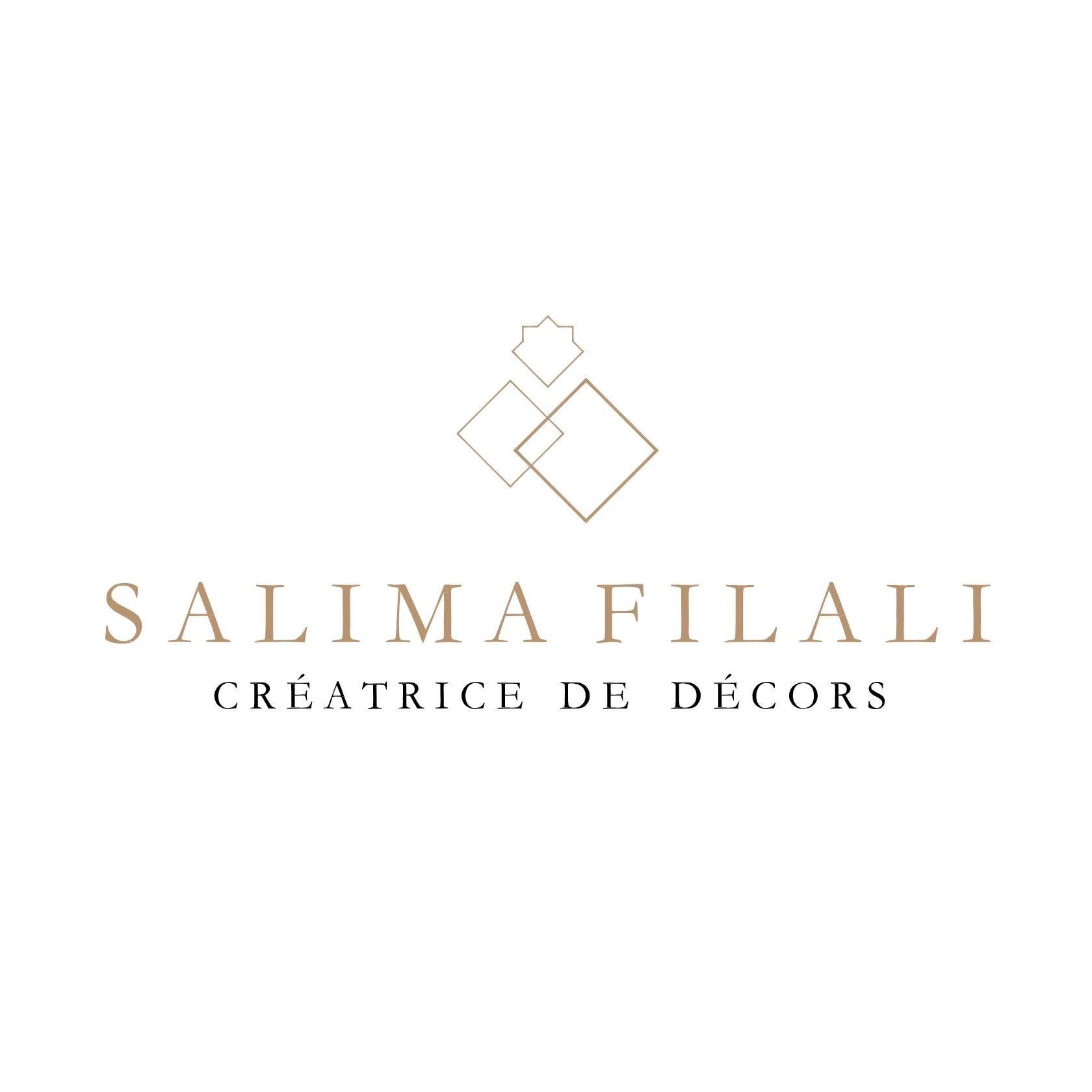Join the zellige craze at ICFF New York !
- Salima Filali
- May 7, 2023
- 3 min read
Salima Filali is a rising star in the world of contemporary design, renowned for her exceptional talent and innovative approach to the traditional art of zellige tile-making. Her unique blend of traditional craftsmanship and modern aesthetics has earned her critical acclaim, and her creations have been featured in exhibitions and installations around the world.
At the upcoming ICFF in New York, Salima will be showcasing her latest collection of zellige creations in partnership with Maison de l'Artisan, an organization dedicated to promoting new talents of Moroccan design. Together, they will highlight the beauty and intricacy of zellige tiles, as well as the creativity and innovation of Moroccan design.
Meet us at the ICFF in New York at the Javits Center from May 21-23, 2023, on the stand of the Moroccan Pavilion number 1347
Salima Filali: The Mastermind Behind the Enchanting Zellige Designs at ICFF
If you are a lover of art and design, don't miss the opportunity to experience the beauty and creativity of unique zellige tile universe.
One of the most renowned contemporary designers of zellige is Salima Filali, who has taken this ancient craft and transformed it into a modern and innovative art form. With her unique blend of traditional craftsmanship and contemporary design, Salima has brought zellige to a whole new level, creating stunning works of art that reflect both the rich cultural heritage and the dynamic creativity of the North Africa.

At the ICFF in New York, Salima will be showcasing her latest collection of zellige creations. Salima has taken this traditional craft and transformed it into a modern and innovative art form, creating stunning works that reflect the rich cultural heritage and dynamic creativity of Morocco.
Through her use of vibrant colors and intricate geometric shapes, Salima has created a universe of zellige tiles that is both visually stunning and deeply meaningful. Her designs are a testament to the enduring beauty and complexity of this ancient art form, reimagined for the modern world by one of its most talented and visionary designers. If you have an appreciation for art and design, you won't want to miss Salima's exhibition at the ICFF.
Discover zellige, an Ancient Art Form that Continues to Captivate
Zellige is an ancestral art form that originated in the North Africa during the 10th century. It is a form of mosaic that involves the intricate and meticulous assembly of small geometric tiles to create complex patterns and designs. The tiles used in zellige are made from clay and are traditionally glazed in vibrant colors, often featuring intricate geometric shapes and calligraphy.

The zellige is primarily a surface coating of Moroccan origin. It consists of small tiles called tesserae, based on clay and assembled to form simple or patterned mosaics. In Arabic, "zelij" means "tile."
But this traditional Mediterranean ceramics is much more than a simple tile. It is a noble material, where each piece is worked in a singular way. Handmade, the zellige brings a real human touch and exceptional design through the assembly of these unique tiles.
Zellige is not just a type of mosaic, it is a form of art. Each tile is handmade by skilled artisans who have mastered the art of shaping and glazing clay. The tiles are then assembled with great care to create stunning patterns and designs that reflect the rich cultural heritage of Morocco.

Today, zellige tiles continue to captivate the imagination of designers and artists around the world. They are used in a wide range of applications, from decorative wall panels to flooring, and are prized for their unique beauty and versatility. Thanks to the unique vibes of these creations, Moroccan tiles offer a bewitching result.
In recent years, zellige has experienced a real boost of interest. Thanks to its exceptional design and the human touch of its artisanal production, Moroccan tiles offer a captivating result that is both modern and timeless.
Meet us at the ICFF in New York at the Javits Center from May 21-23, 2023, on the stand of the Moroccan Pavilion number 1347


Comments